

Our Approach
The India Infrastructure Report (IIR) brings together a well-researched evaluation of legal, financial/fiscal, regulatory, technological, social and conceptual issues on a contemporary theme of relevance to infrastructure development. The IIR is an invaluable resource for policymakers, industry and researchers. Starting in the year 2001, IIR has come a long way and have discussed various dimensions of infrastructure development in its annual series.India Infrastructure Report (IIR) is the result of IDFC Foundation's collaborative approach towards providing a forum for free, frank and open exchange of views necessary to arrive at innovative and workable solution across various infrastructure sectors that would find acceptance among various stakeholders. It is the outcome of the efforts of academics, researchers, experts and is widely disseminated. The theme of IIR every year is carefully chosen to reflect a central contemporary issue in infrastructure development and promote discussion on various facets around the central theme and also suggest pragmatic solutions to overcome challenges. The IIR considered to be extremely useful by policy makers, have received wide publicity over the years and have provided an excellent forum for scholars, students and practitioners to share their views with decision makers.
IIR started its first annual series during 2002 focusing on Issues in regulation and market structure. This first attempt emphasized on policies required to create an appropriate market structure for infrastructure provision and the regulatory framework this implies. India Infrastructure Report (IIR) series has had several contributors including members of the 3iNetwork, a network of three institutions: the Infrastructure Development Finance Company, the Indian Institute of Technology, Kanpur, and the Indian Institute of Management, Ahmedabad. Since then IIR has witnessed its annual series till 2018 (barring a few intervening years) covering various aspects such as; governance issues for commercialization, public expenditure, allocation and accountability, ensuring value for money, urban infrastructure, rural infrastructure, business model of the future, land as a critical resource for infrastructure, infrastructure development in low carbon economy; water policy and performance for sustainable development, private sector in education, universal health coverage, affordable housing etc.
IIR Reports
IIR 2001
IIR 2002
IIR 2003
IIR 2004
IIR 2006
IIR 2007
IIR 2008
IIR 2009
IIR 2010
IIR 2011
IIR 2012
IRDR 2012 | 13
IRDR 2013 | 14
IIR 2018
IIR 2023
India Infrastructure Report 2024
India is at a turning point in its energy journey. The need for a reliable, affordable, and sustainable power sector to fuel India’s ambitions for a 5 trillion economy and Viksit Bharat has never been greater. IIR 2024 is a deep dive into the critical role of India’s power sector in the nation’s energy transition. With a unique blend of academic rigour, industry insights, and policy perspectives, this report is an essential resource for decision-makers, researchers, and businesses shaping India’s energy future.
This year’s report explores the key drivers of the transition, from power generation and transmission to markets, finance, and governance. It addresses challenges like grid modernisation, financing sustainable energy, emerging technologies, and India’s path to a just low-carbon future while ensuring energy security and affordability.
IIR 2024 covers everything from institutional reforms and power markets to decarbonisation strategies and innovative solutions. It also brings in global experiences, actionable insights, and future-ready recommendations for policymakers and industry leaders.
Whether you are in government, business, or academia, IIR 2024 is your guide to understanding and navigating India's energy transition.
Apex Committee
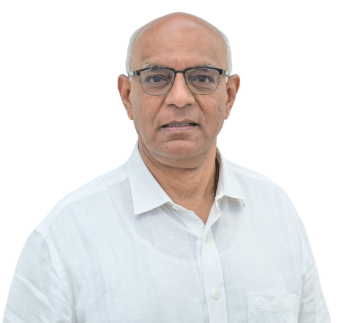
KP Krishnan
Distinguished Fellow,
Isaac Centre for Public Policy, Ashoka University
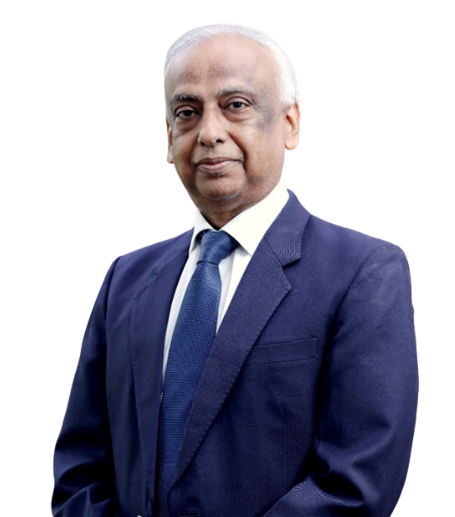
Sanjiv Nandan Sahai
Former Director General, PFI;
Former Secretary,
Ministry of Power, GoI
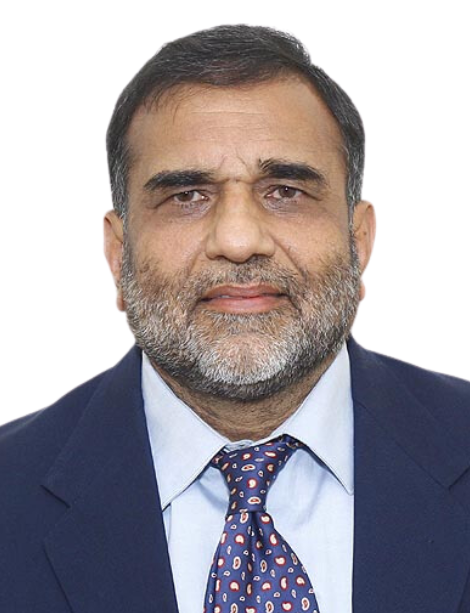
Anup Wadhawan
Former Secretary, Department of Commerce , GoI
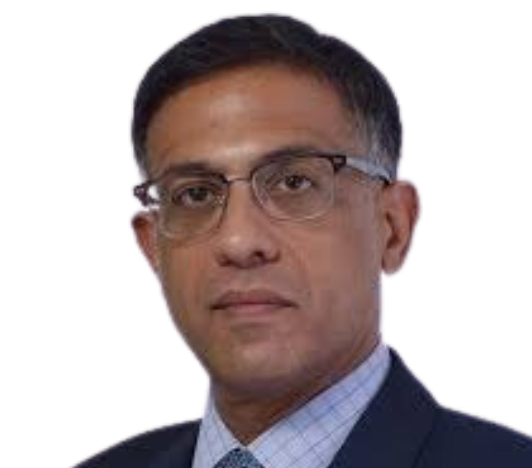
Akshay Jaitly
Founding Partner, Trilegal
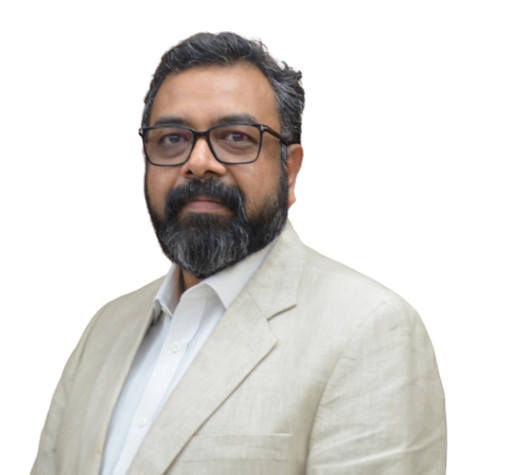
K. Jayakishan
Former Chief Executive Officer,
iDeCK
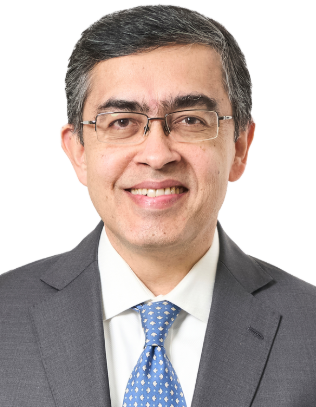
Vipul Tuli
Chairman,
FICCI Power Committee
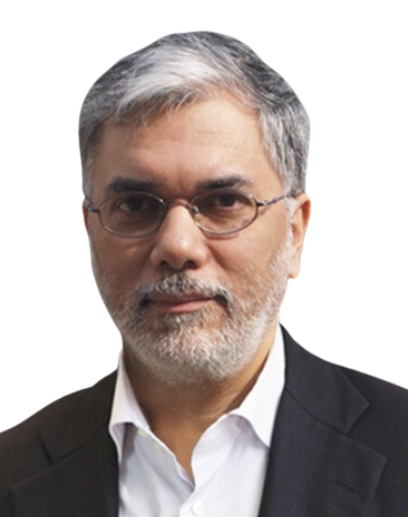
Ajay Shah
Professor,
National Institute of Public Finance and Policy
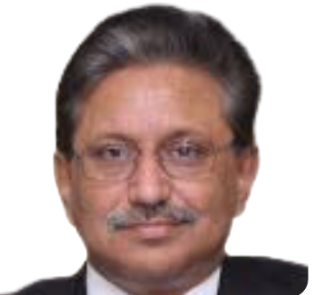
Praveen Kumar Singh
Senior Advisor,
Power Foundation of India
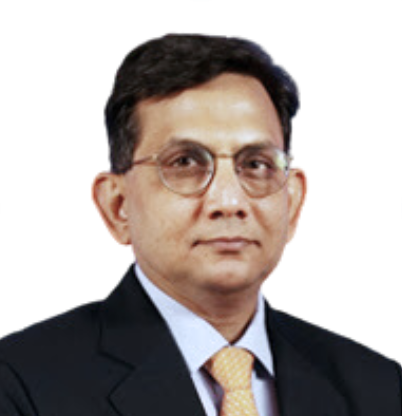
Harsh Vardhan
Management Consultant & Researcher
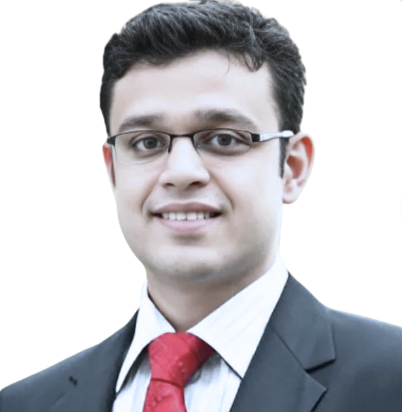
Vivekanand K
Chief Operating Officer, iDeCK
Themes and Contributors
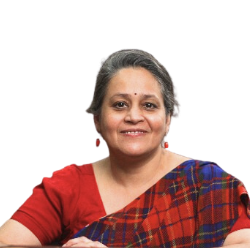
Runa Sarkar
Professor, Economics Group, IIM Calcutta
